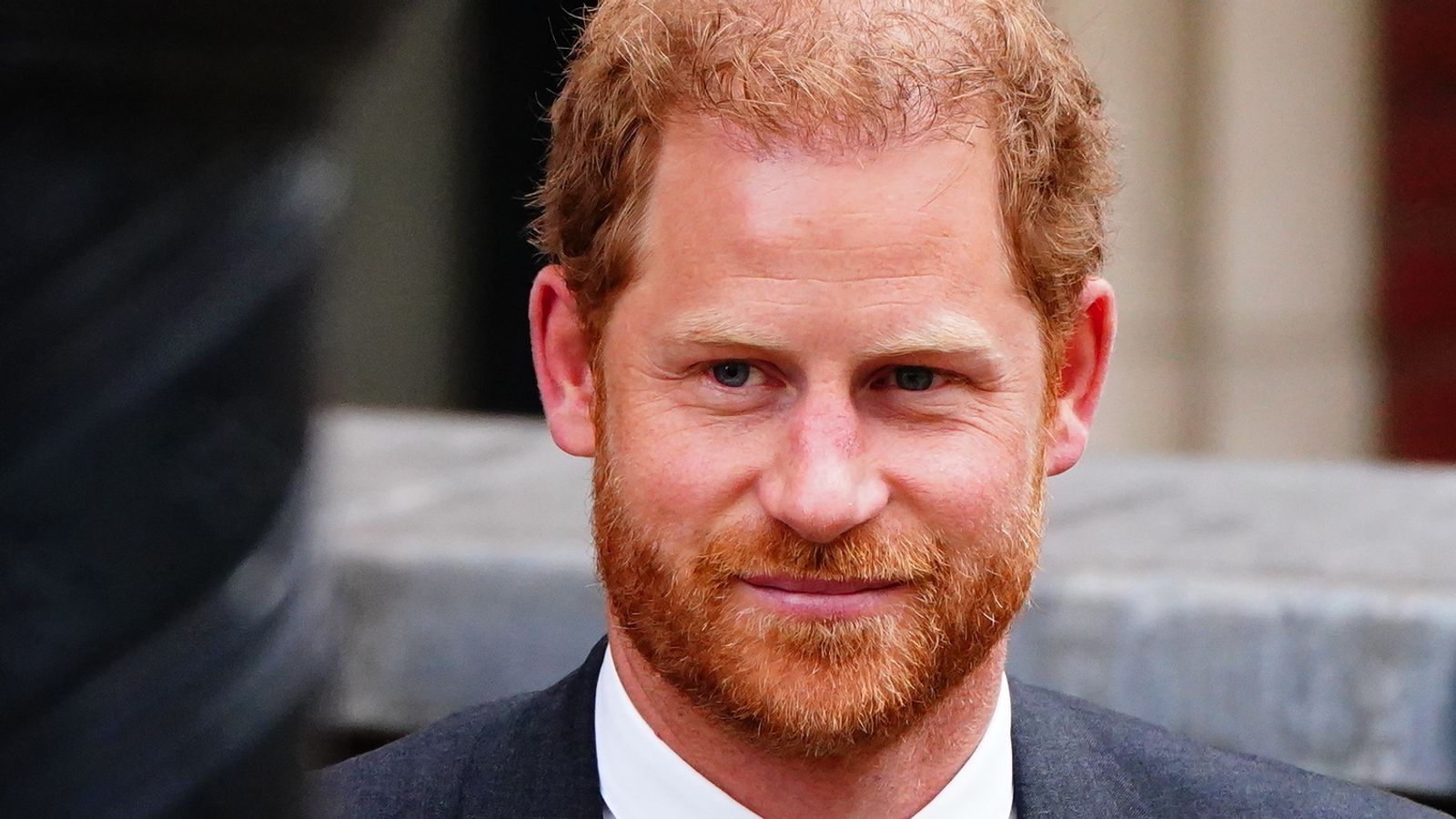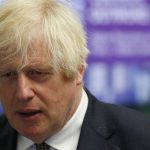Prince Harry will try to bring a second legal challenge against the Home Office over his UK security arrangements.
The Duke of Sussex wants to be able to pay for protective security privately when he and his family are in the UK.
But the Home Office – which is responsible for policing, immigration and security – decided in February 2020 that the prince would cease receiving personal police security while in Britain, even if he were to cover the cost himself.
That followed the decision by Harry and his wife, Meghan, to “step back” as working senior royals and relocate to the United States.
The High Court heard today the duke wants to be given the go-ahead to bring legal action, with a view to securing a judicial review.
Prince Harry disagrees with decisions made about his security by the Home Office and the Executive Committee for the Protection of Royalty and Public Figures – known as Ravec.
Payment for policing ‘not inconsistent’ with public interest
On Tuesday, the court was told this bid for legal action is “related” to an earlier claim brought by the duke after he was told he would no longer be given the “same degree” of personal protective security when visiting the UK.
Lawyers for Harry said this decision was inconsistent with a law that allows the “‘chief officer of police’ to provide ‘special police services’ subject to payment”.
In written submissions, Shaheed Fatima KC said: “The principal ‘disadvantage’ that is relied upon by Ravec – that allowing payment for protective security is contrary to the public interest and will undermine public confidence in the Metropolitan Police Service – cannot be reconciled with… the fact that Parliament has expressly allowed for the payment for such services.”
She added: “By creating that discretion, Parliament has clearly decided that in principle payment for policing is not inconsistent with the public interest or public confidence in the Metropolitan Police Service (MPS).”
Representing the Home Office, Robert Palmer KC said the judge who previously denied the prince the go-ahead to bring his second claim against the department was correct.
But Harry’s lawyer continued: “Ravec has not provided any principled or rational basis for drawing a distinction between the provision of protective security for those individuals within the Ravec cohort, who, according to the funding decision, are not permitted to privately fund protective security, and other private individuals, who could privately fund protective security, by making a request to the chief officer of police.”
In written submissions, Ms Fatima said that a judge previously denied the Duke of Sussex permission to bring the claim without a hearing.
She said: “The refusal of permission is intended for cases which are ‘hopeless’. That is not this case.
“Neither the judge nor the parties… have identified a clean knock-out blow as to why the claim is unarguable.
“The appropriate course is to grant permission, to allow the important ‘issue of principle’ raised by this case – and which the funding decision letter recognised ‘might be raised in other cases’ – to be fully argued at a substantive hearing.”
Harry ‘might’ have ‘wanted to pay for police security’
Mr Palmer, in written submissions for the Home Office, said that the funding decision arose because the claimant suggested he “was or might be” willing “privately to fund the protective security he sought” from the Metropolitan Police Service (MPS).
He added that Ravec was asked to consider whether it was “appropriate for a person for whom Ravec had not authorised protective security, or for particular instances in which it had not been authorised, to nonetheless receive it but to reimburse the public purse the cost of it”.
Please use Chrome browser for a more accessible video player
He said Ravec “unanimously decided that an individual should not be permitted to privately fund their Protective Security provided by the MPS”.
Mr Palmer later said that Ravec – which he said includes senior officials from the Home Office, MPS and the royal household – was not required to give the prince the chance to make representations.
He added: “Given the nature of the arguments now advanced by the claimant, the court can be confident that such representations would have been highly likely to have made no substantial difference in any event.”






















